U.S. President Joe Biden has proposed tripling tariffs on steel products from China, a further protectionist move that experts called a "nothingburger" and "show biz".
Biden called for the tariff increase on steel and aluminum imports from China on April 15. Two days later, when he spoke at the U.S. Steelworkers headquarters in Pittsburgh, Pennsylvania — a battleground state for the 2024 election and a historical home for the U.S. steel industry — he said he would ask the U.S. trade representative to consider tripling tariffs on Chinese steel imports from the current 7.5 percent, for the U.S. steel industry.
Biden said in the speech that it was Pittsburgh and union workers who elected him before, and he'll return the favor.
In reality, Biden's proposed increase to the tariffs by 300 percent is "a nothingburger", because it's going to have no real effect on the actual industry, Gordon Johnson, founder and CEO of GLJ Research, told China Daily.
"The amount of steel coming directly into the U.S. from China is de minimis. It's basically nothing, because the tariffs on Chinese imports are already so high, that there are effectively no steel (imports) coming in from China directly," said Johnson, whose firm analyzes the industry.
"What Obama did way back in the day is he increased the tariffs on Chinese steel imports into the U.S. to roughly 100 percent," said Johnson, referring to former U.S. president Barack Obama.
"So if you're a Chinese steel maker and you want to export your product into the U.S., you can't, because effectively it will be taxed at the price you want to sell it at," he explained.
Indirectly, Chinese steel does come into the U.S. by way of other countries. Chinese steel makers do export to countries such as Brazil, Poland, Canada and Mexico, when China's domestic demand is weak. Then steelmakers in those countries export steel to the U.S., according to Johnson.
"If Biden really wanted to affect Chinese steel imports, he would put tariffs on countries that China is exporting their steel to, and he's not addressing that at all," Johnson said.
"The proposal of increasing the tariffs on Chinese steel imports is taking the U.S. populace to be dummies, as a lot of American people don't understand this," he said. "It's kind of laughable for people who understand what's actually going on."
He also noted that China's steel dictates global steel prices. "Keep in mind, China produces and consumes roughly 50 percent of the world's steel. The U.S. produces and consumes roughly 4 percent," he said, "So as goes China's economy, as go U.S. and global steel prices."
"I don't think there'll be any significant moves from China. Because I think they understand that Biden is doing this to try to look strong in an election year," he added.
But he noted that even though those in the U.S. steel industry know this is going to have no impact, they will play the game and use the tariff increase short term as a means to hike prices.
Johnson called Biden's move "purely for show". "He can then go out and campaign to voters that he is being tough on China when in reality, he's doing nothing, because this is going to have no real effect on the actual steel industry," said Johnson.
Allen Carlson, an associate professor of government at Cornell University, shared a similar view. He wrote in a commentary that Biden's tariff proposal is less about economics and more related to U.S. domestic politics.
"More importantly, this election cycle promises to be more turbulent than any that has come before it. And China policy will inevitably get drawn into the maelstrom," Carlson wrote.
The tariff announcement comes amid the planned sale of U.S. Steel to Japanese-owned Nippon Steel, which both Biden and former U.S. president Donald Trump strongly oppose.
"It's an election year, both Biden and Trump are going to use the steel industry as a political football to try to cater to voters," said Johnson, adding that he expects "more of this stuff to come down the pipeline".








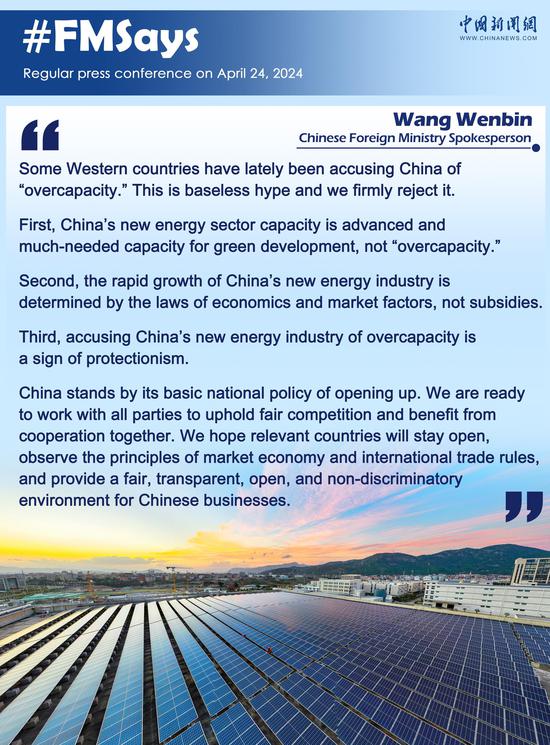
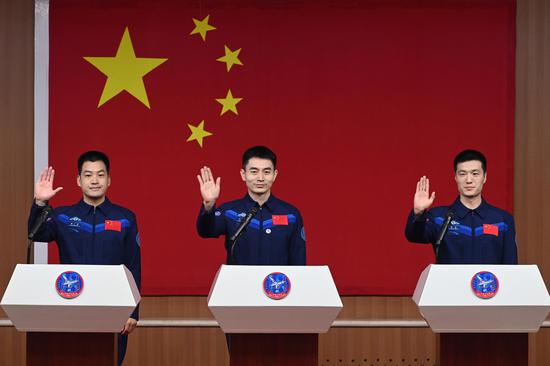
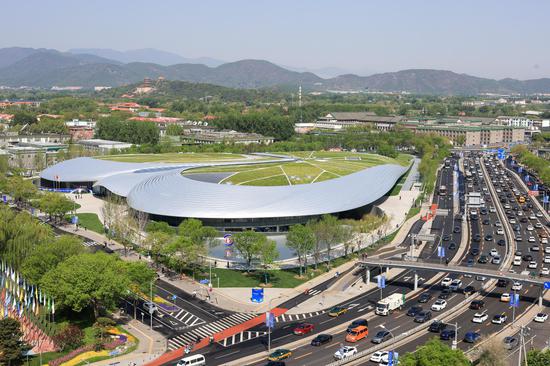

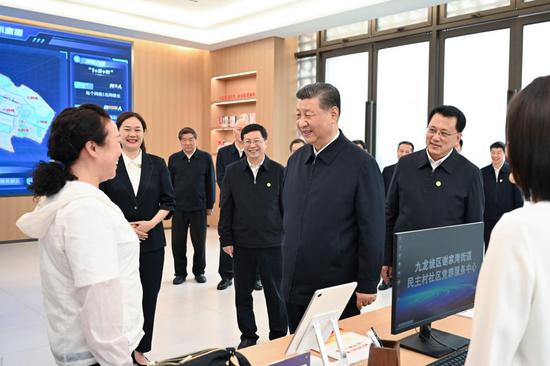
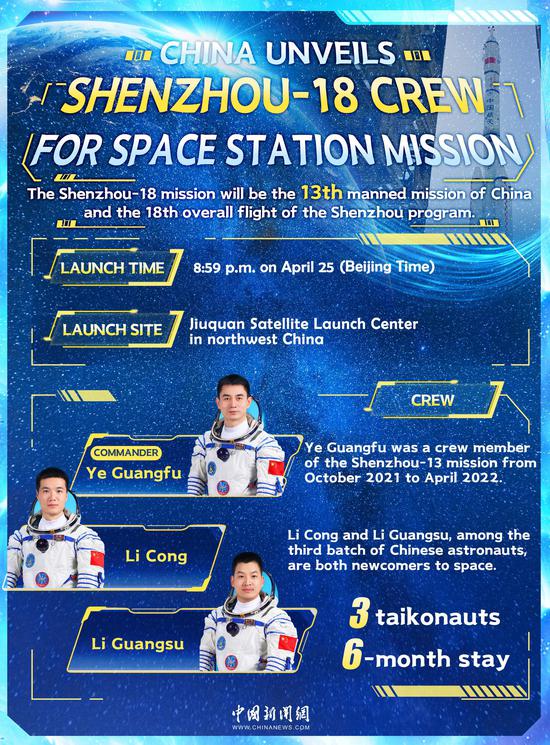
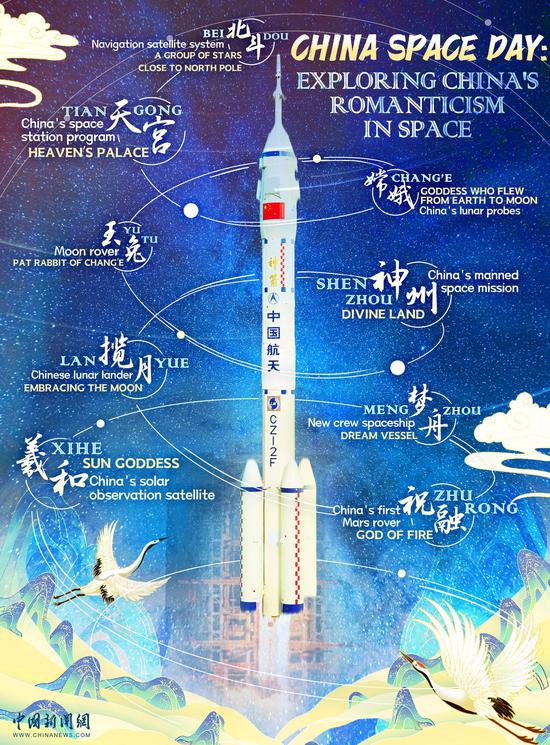
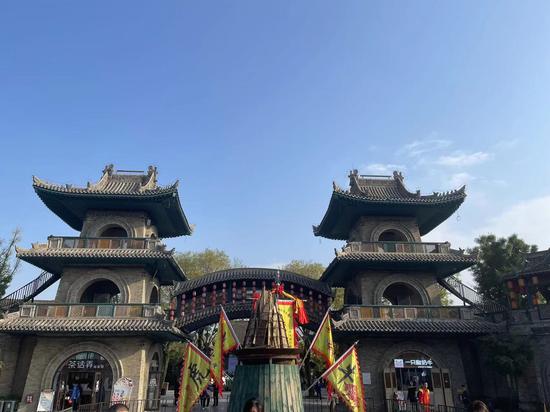
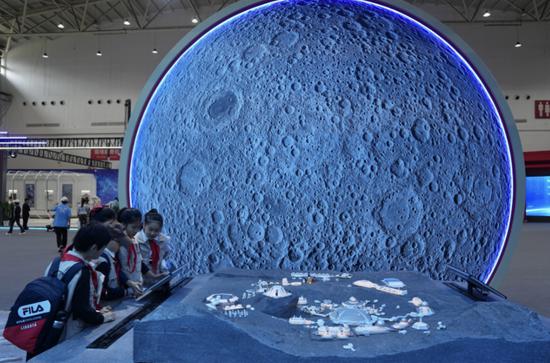


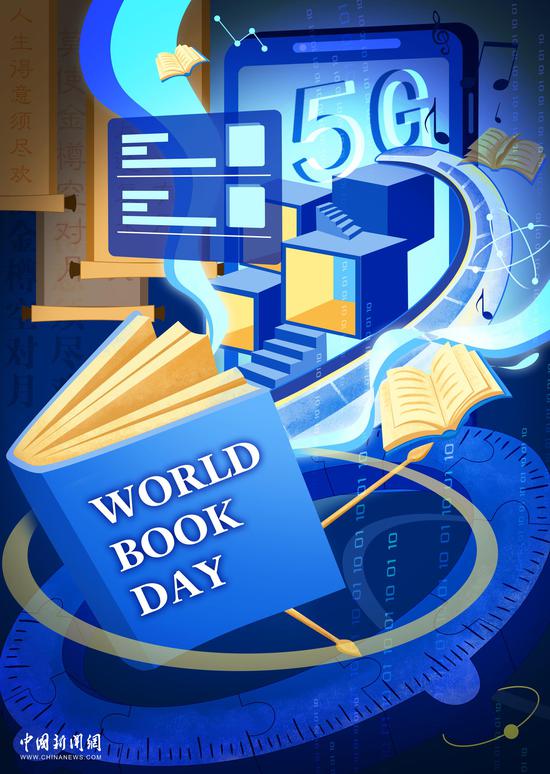



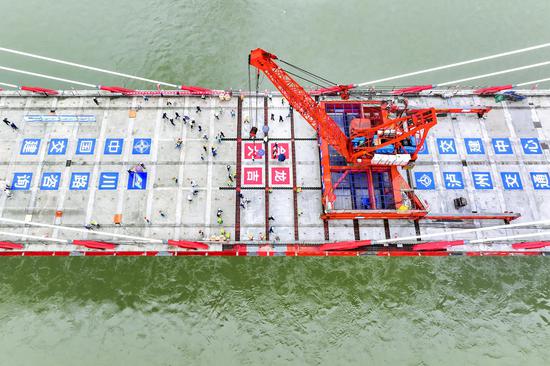

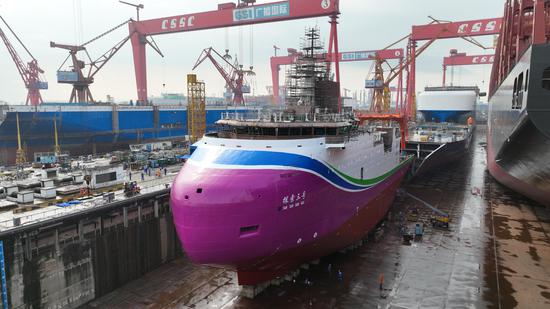
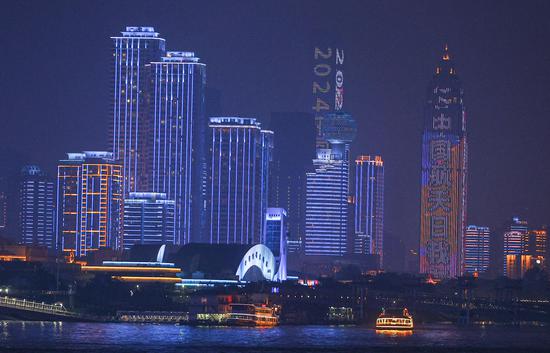

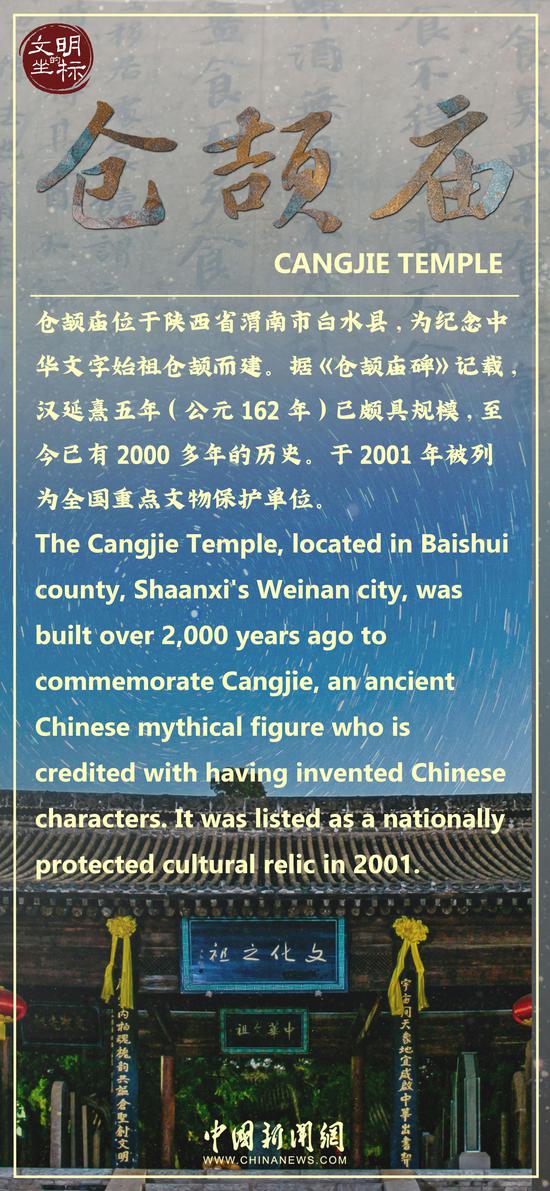
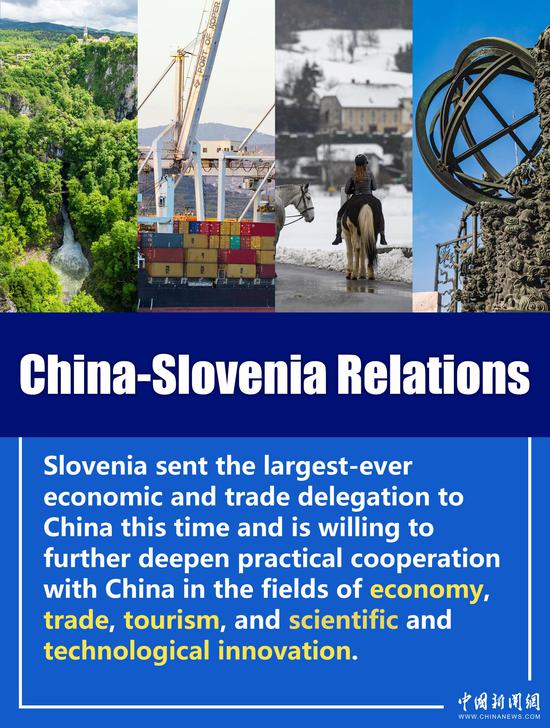
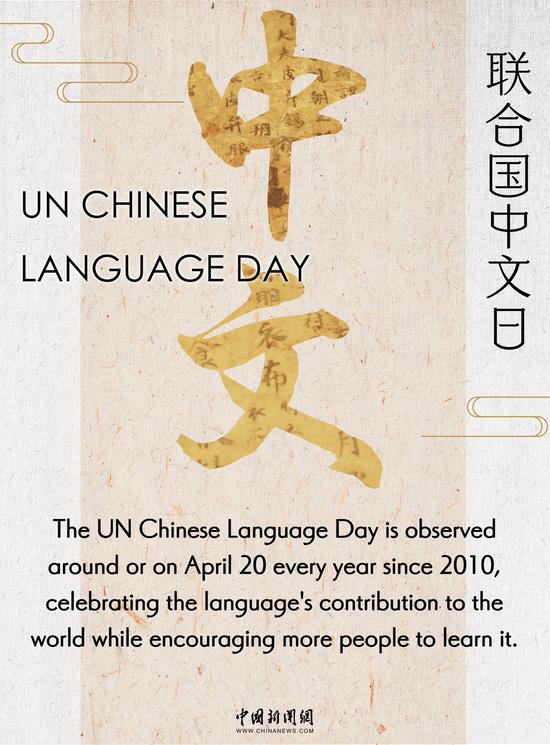
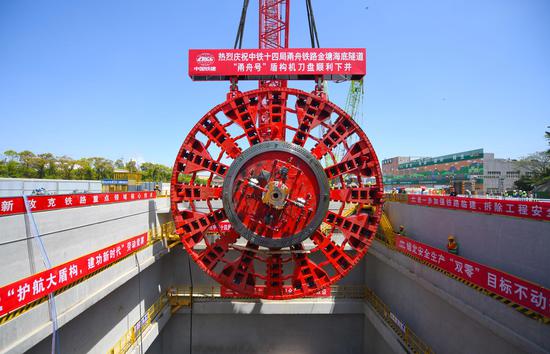
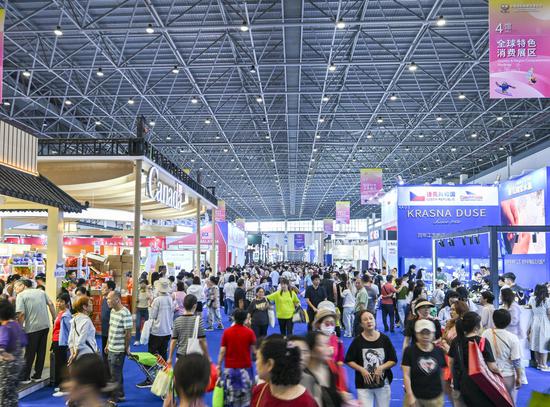
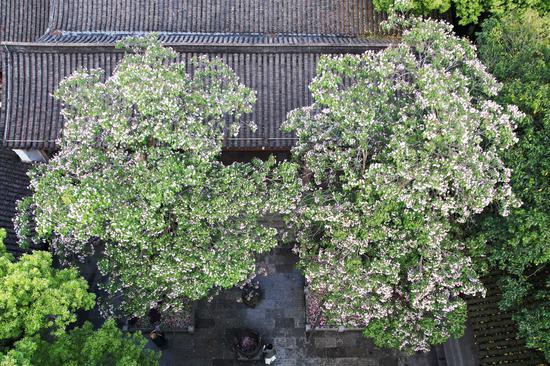
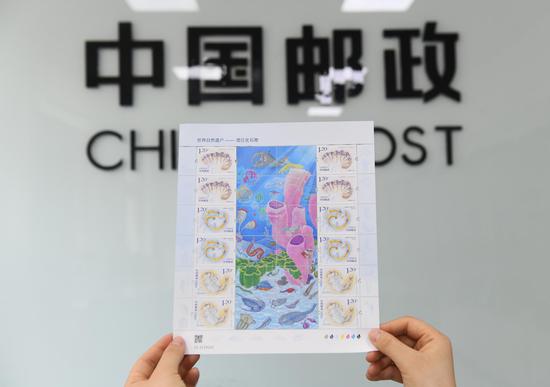
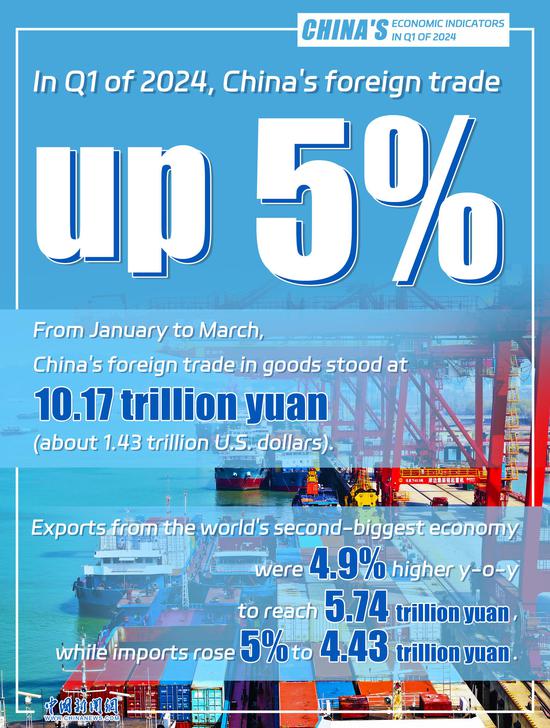



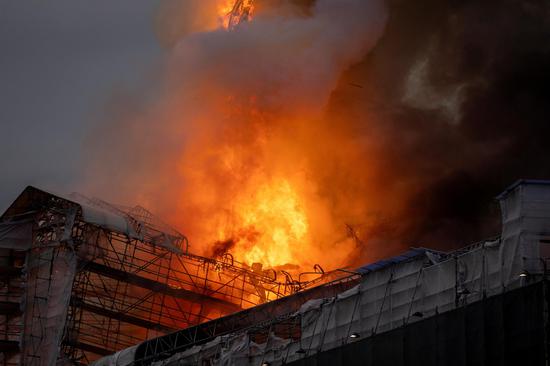
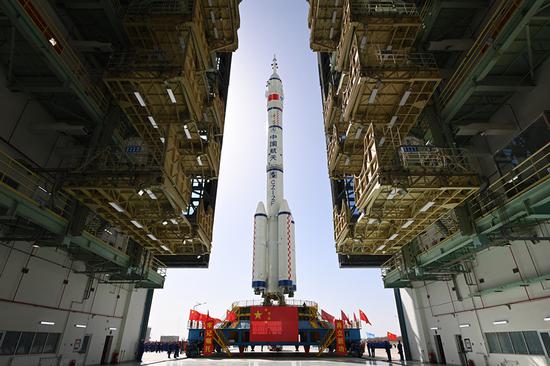
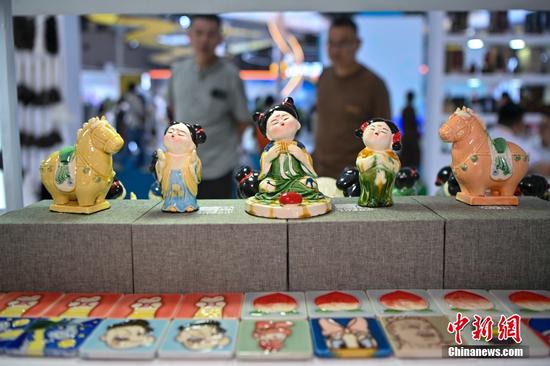


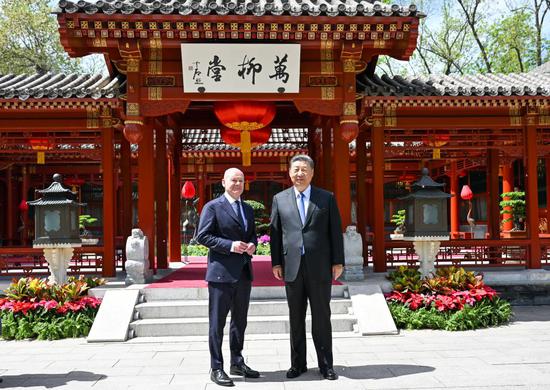

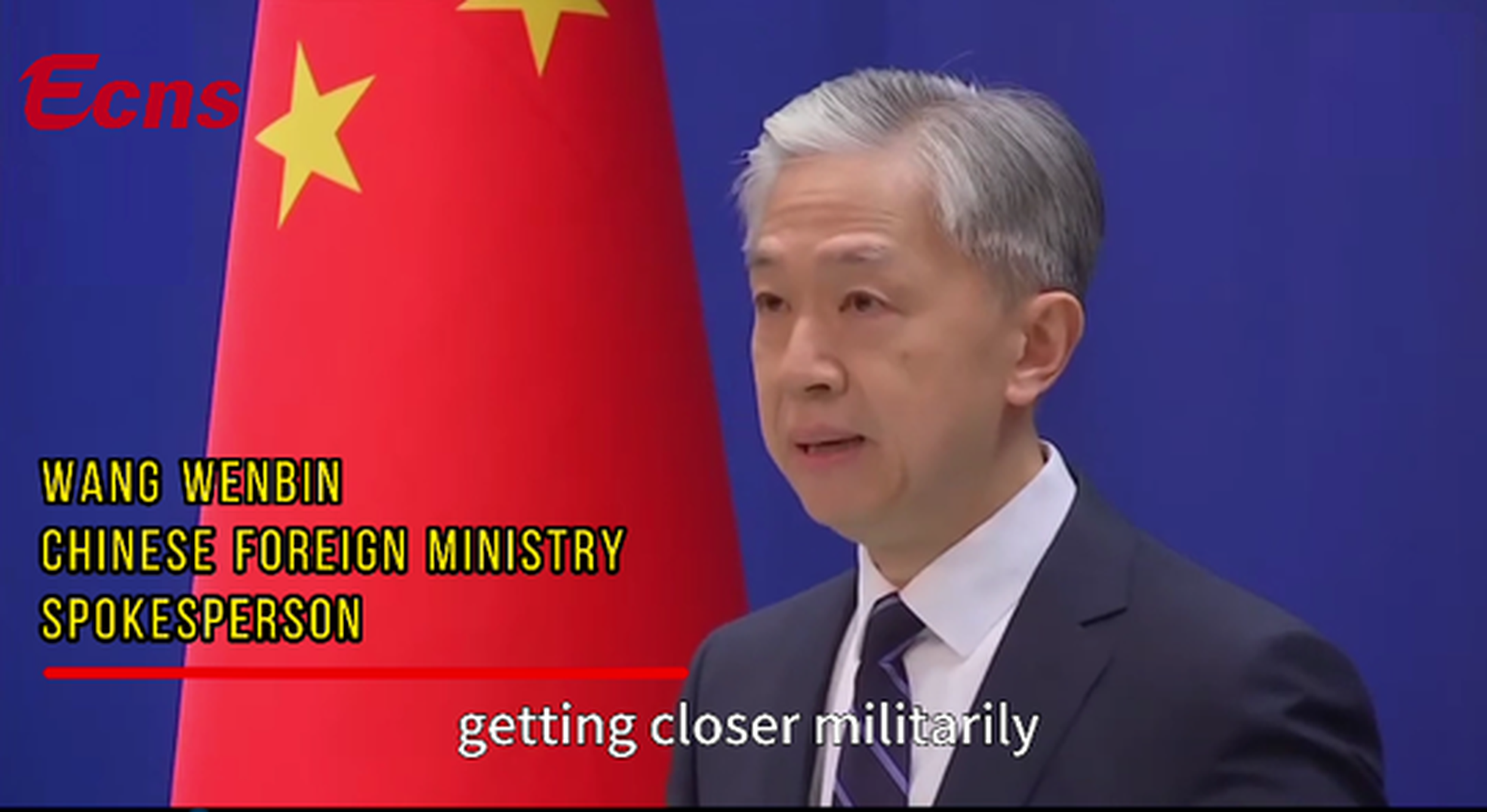



 京公网安备 11010202009201号
京公网安备 11010202009201号